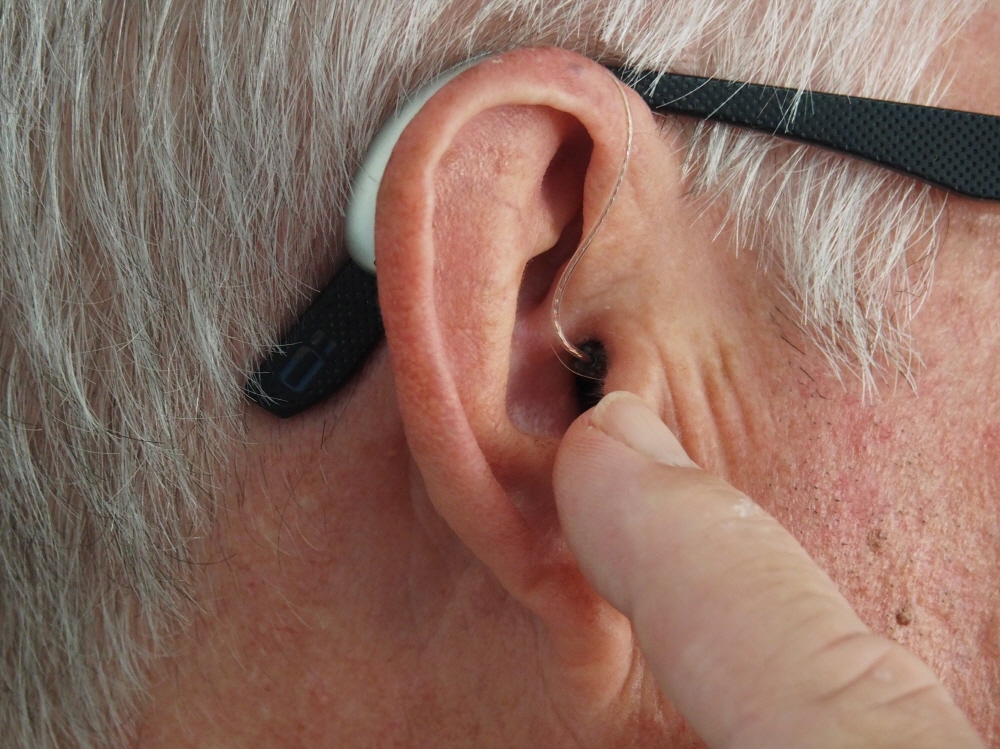
In a crowded environment, such as a cafeteria, you may not be able to hear what the other person is saying due to ambient noise. However, a study of 80,000 people over 60 years of age found that those who struggled to hear in a noisy environment had a higher risk of dementia.
Although it is a commonly known fact that deafness increases with age, hearing loss is so closely related to dementia that Lancet ranks it as one of the 12 major risk factors for dementia. According to Lancet, of the 12 major risk factors, hearing loss has the strongest impact on dementia, and it is estimated that middle-aged people with hearing loss are five times more likely to develop dementia if untreated.
Based on the UK Biobank database, which tracks the effects of genetic predisposition and various environmental exposures, such as nutrition, lifestyle, and drug therapy, on disease over a long period of time, the Oxford University research team showed no dementia and no hearing problems at the beginning of the investigation. The analysis was conducted on 82,039 elderly people over the age of one.
The UK Biobank study included a speech test in which people listened to conversations in noise, and a study of the relationship between this result and dementia pointed out that people with bad results were more likely to develop dementia. Comparing the difference between the worst outcomes and the best outcomes from other general surveys, the risk of dementia doubles after 10 years.
The research team conducted an analysis to dispel the theory that undetected dementia causes hearing loss, but they did not get results to support this theory. The study also analyzed the relationship between social isolation and depression, which are generally known to be related to hearing loss, but the research team found little evidence that hearing loss was related to social isolation and depression.
Australian and Taiwanese research institutes are also announcing research results that hearing loss is a risk factor for dementia. In the UK Biobank database, 53.4% of the items corresponding to bad results (Insufficient) and 43.8% of items belonging to poor results corresponding to bad results in speech in noise answered that they were not aware of hearing loss. There was little awareness of hearing loss.
In addition, the Lancet study thought that hearing aids could improve the risk of dementia because hearing loss is a manageable risk, but the results obtained in previous studies were inconsistent. Although the analysis showed that hearing aids lowered the risk of dementia, the research team said that the current research method is difficult to estimate given the small sample size and the high probability that hearing aid users suffer from severe hearing loss and are receiving other treatments as well. Related information can be found here.

